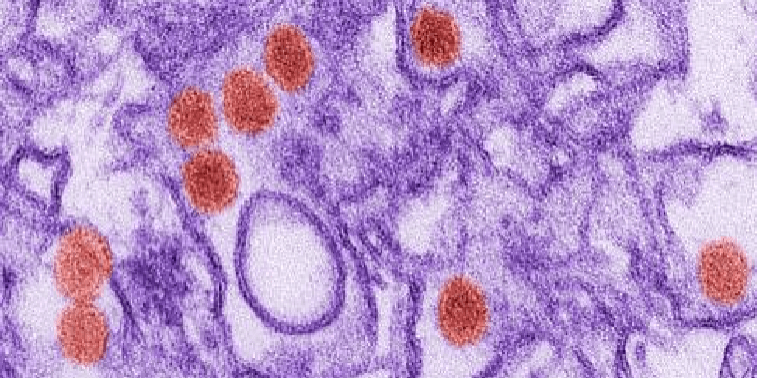
What Is Zika?
Zika virus disease is caused by a virus transmitted primarily by Aedes mosquitoes. Zika can be transmitted by pregnant women to developing babies, and infection during pregnancy can cause microcephaly and other serious birth defects. Pregnant women who develop symptoms of Zika virus infection should be closely monitored by a healthcare professional.
The most common form of Zika transmission is through mosquito bites, but the virus has been isolated in semen, and cases of sexual transmission have been observed. Currently the available evidence is being analyzed to better understand the public health impact of sexual transmission of Zika.
Burden
The virus was isolated for the first time in 1947 in the Zika forest in Uganda. Since then, it has remained mainly in Africa, with small and sporadic outbreaks in Asia. In 2007, a major epidemic was reported on the island of Yap (Micronesia), where nearly 75 percent of the population was infected. Large outbreaks occurred in 2015 and 2016 in Puerto Rico and the US Virgin Islands, and there was limited local transmission in Florida and Texas.
Countries begin reporting when they detect the circulation of the virus. Maintaining a case count is difficult because symptoms of the disease tend to be mild and not everyone affected is seen by a healthcare professional.
Since 2018, no local mosquito-borne Zika virus transmission has been reported in the continental United States.
Symptoms
Symptoms may include mild fever, rash, conjunctivitis, muscle and joint pain, malaise, or headache. One out of four people may develop symptoms, but in those who are affected, the disease is usually mild with symptoms that can last between two and seven days.
Symptoms are similar to those of dengue or chikungunya, which are transmitted by the same type of mosquito.
Neurological and autoimmune complications are infrequent, but have been described in outbreaks in Polynesia, Brazil, and other countries.
Prevention
The best way to prevent Zika is to reduce mosquito populations and avoid bites:
- Prevent standing water in outdoor containers and drains (flowerpots and containers that collect water) so that they do not become mosquito breeding sitesCover domestic water tanks so that mosquitoes cannot get in
- Keep garbage in closed plastic bags and closed containers
- Use screens and mosquito nets in windows and doors to reduce contact between mosquitoes and
people - Cover exposed skin with long-sleeved shirts, pants, and hats
- Use repellents recommended by health authorities, applying them as indicated
Pregnant women should avoid travel to areas of ongoing Zika virus outbreaks; pregnant women whose sexual partners live in or travel to areas with Zika virus outbreaks should ensure safe sexual practices or abstain from sex for the duration of their pregnancy. Travelers to areas with Zika virus outbreaks should be provided with up to date advice on potential risks and appropriate measures to reduce the possibility of exposure to mosquito bites and, upon return, should take appropriate measures, including safe sex, to reduce the risk of transmission. The Centers for Disease Control and Prevention (CDC) maintains updated information on countries with a potential risk of Zika.
All patients (male and female) with Zika virus infection and their sexual partners should receive information about the potential risks of sexual transmission of Zika virus, contraceptive measures and safe sex practices, including the use of condoms.
Treatment
Treatment consists of relieving pain, fever, and other symptoms. It’s important to rest and drink plenty of water to avoid dehydration. There is no vaccine or specific medicine currently available.
Updated March 2023
Source: Centers for Disease Control and Prevention
